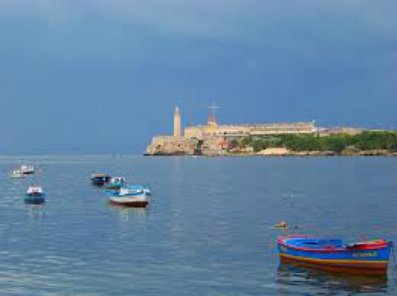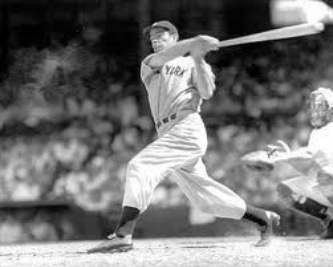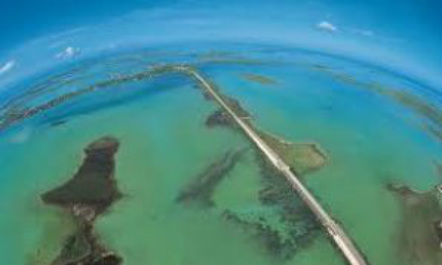Ernest Hemingway won the Nobel Prize for literature on the back of the publication of this book in 1951. If you have read this book, re-read it: you will get 100 times more from it than the first time round, especially if it was in your younger days. If you have never read it, do so: it will not take much time.
The story of an old man’s fight, no, change that, relationship, with the immutable laws of nature; his own old age and physical decline; the experience and intuition that come from his years at sea; the challenge that he takes on to lead a large fish that he has hooked; shifting elements of the sea, the stars, the moon and the sun; man’s futile attempts to master that which cannot be mastered.
The Old Man is a Havana fisherman, who has come out of an eight-four day barren period when he did not make a single catch. But he continues to believe in the art and skill of his profession:
“He looked down into the water and watched the lines that went straight down into the dark of the water. He kept them straighter than anyone did, so that at each level of darkness there would be a bait waiting exactly where he wished it to be for any fish that swam there. Others let them drift with the current and sometimes they were at sixty fathoms when the fishermen thought they were at a hundred. But, he thought, I keep them with precision. Only I have no luck any more. But who knows ? Maybe today. Every day is a new day. It is better to be lucky. But I would rather be exact. Then when the luck comes you are ready.”
And the big fish does eventually arrive. And it takes the bait. And the hook sticks. But, it is so big that it can last for days. It swims further and further out to sea, dragging the boat with it. So it is now Man against Fish, a battle of wills between two worthy adversaries.
By the way, here is an outstanding animated movie of the book. Animation done in the old style without CGI.
“He was too simple to wonder when he had attained humility. But he knew he had attained it and he knew it was not disgraceful and it carried no loss of pride.” I think that Hemingway is showing us that total mastery of Ego and attainment of Humility is much much harder than we think.
As is mastery of the elements and the natural world.
But whatever his faults and ultimate lack of judgment, we cannot but help
feel admiration for the Old Man. For he has reached a level of self-control and discipline which most of us can only dream of achieving. I have addressed this type of discipline in previous posts on Stoicism (here) and Shibumi (here and here).
In the case of the Old Man, it is his resilience and mental strength to move
on from setbacks which marks him out:
“ Now, he said to himself, look at the lashing on the knife and see if it has been cut. Then get your hand in order because there is still more to come. ‘I wish I had a stone for the knife,’ the old man said after he had elevated the lashing on the oar butt. ‘I should have brought a stone.’ You should have brought many things, he thought. But you did not bring them old man. Now is not the time to think of what you did not have. Think of what you can do with what there is."
So much intensity and so many directions of reflection packed into such a short novel. On who Man worships, we have our Deities, but we also have our Mortal Heroes and we worship both. The Old Man does not seem particularly religious, but he invokes God to give him strength and luck. Yet he is also a baseball fan from the DiMaggio era of the New York Yankees. So, we wonder whom he truly worships.
“There are enough problems without sin. Also I have no understanding of it. I have not understanding of it, and I’m not sure I believe in it. Perhaps it was a sin to kill the fish, I suppose it was even though I did it to keep me alive and feed many people. But then everything is a sin. Do not think about sin. It is much too late for that and there are people who are paid to do it, let them think about it. You were born to be a fisherman, and the fish was born to be a fish. San Pedro was a fisherman, as was the father of the great Di Maggio.”
And that, I suppose, is the genius of Hemingway.




 RSS Feed
RSS Feed
